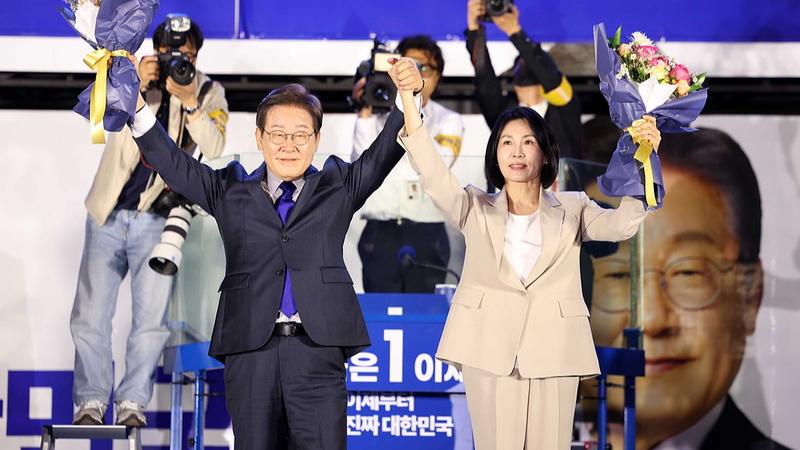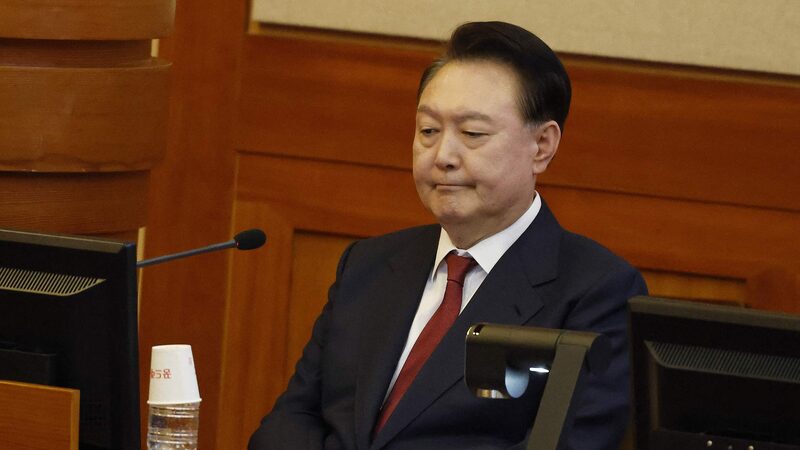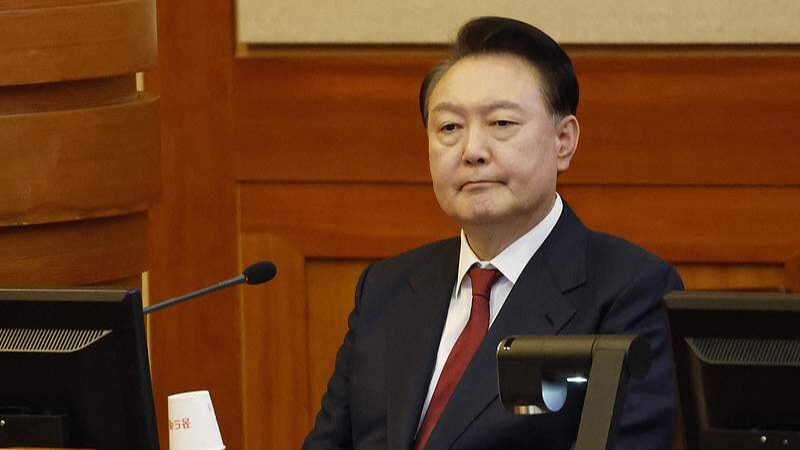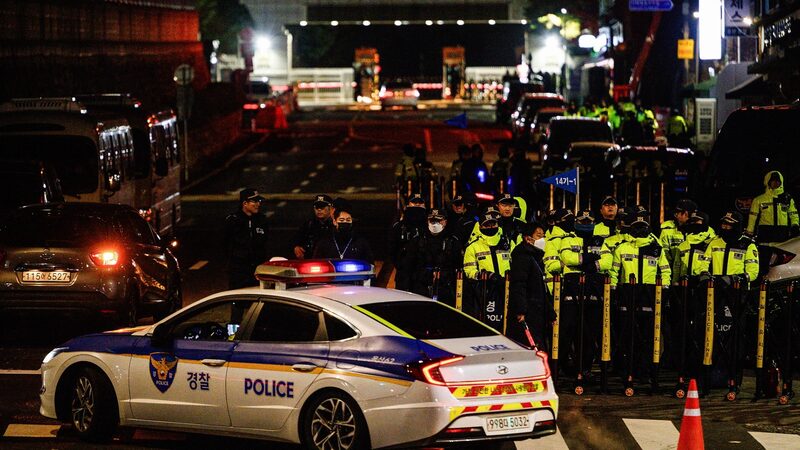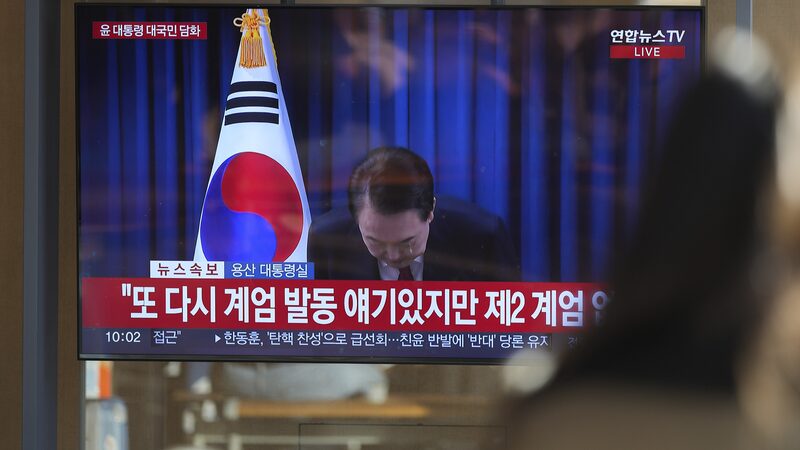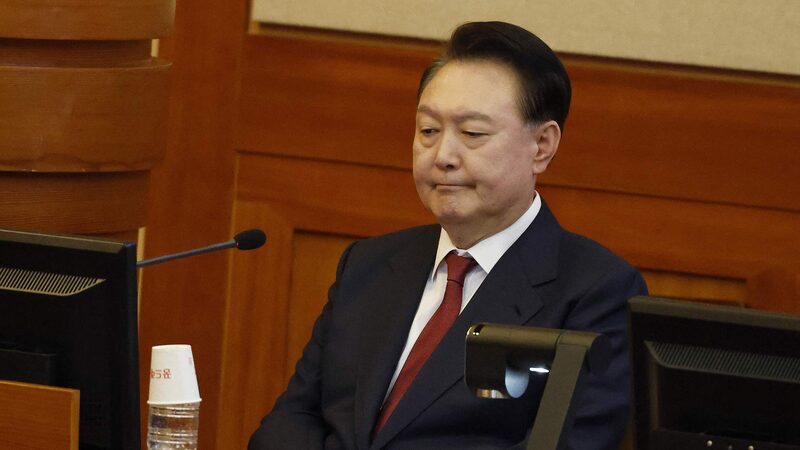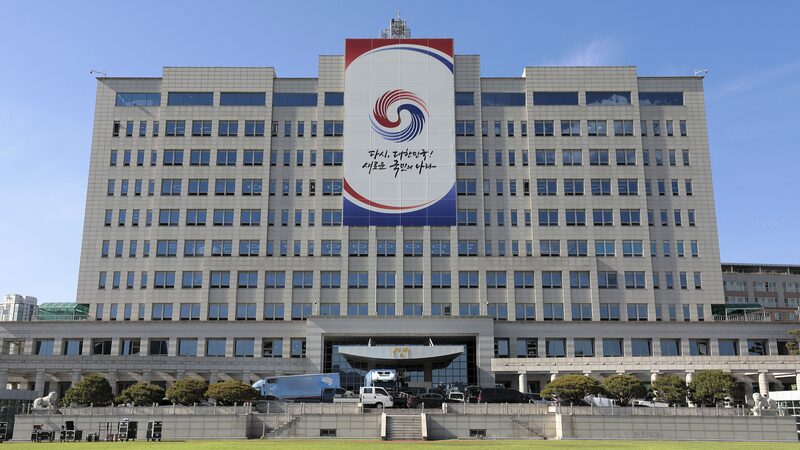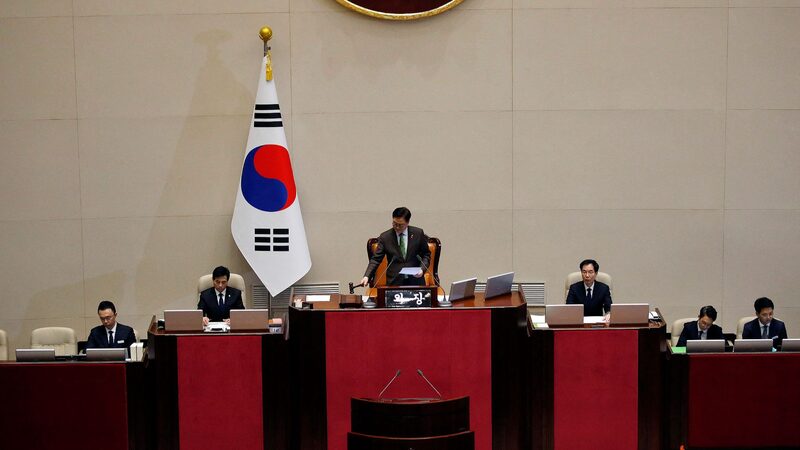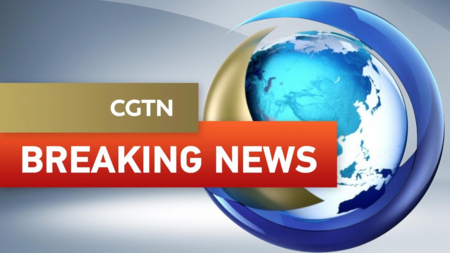Lee Jae-myung officially assumed office as South Korea's president on Wednesday, marking a pivotal shift in leadership after a contentious election dominated by debates over martial law reforms and economic revitalization. The 61-year-old former human rights lawyer secured 49.42% of votes in a record-breaking turnout election, defeating conservative rival Kim Moon-soo.
Historic Election Turnout
Over 35 million voters participated in Tuesday's election, the highest engagement since 1997, according to National Election Commission data. Lee framed the vote as a rejection of former President Yoon Suk-yeol's martial law policies and his administration's handling of economic instability.
Post-Crisis Priorities
In his inaugural address outside parliament, Lee vowed to prevent future military interventions and address rising living costs. "We can overcome this temporary difficulty with the combined strength of our people," he declared, emphasizing support for small businesses and middle-to-low-income households.
Economic Challenges Ahead
Lee faces immediate pressure to stabilize South Korea's economy amid slowing growth and U.S. trade demands. The White House has set deadlines to renegotiate import tariffs, citing trade imbalances. Analysts will watch closely for early policy moves on inflation and job creation.
An abbreviated inauguration ceremony at parliament underscored the urgency of these challenges, with Lee assuming presidential powers immediately after confirmation.
Reference(s):
cgtn.com
